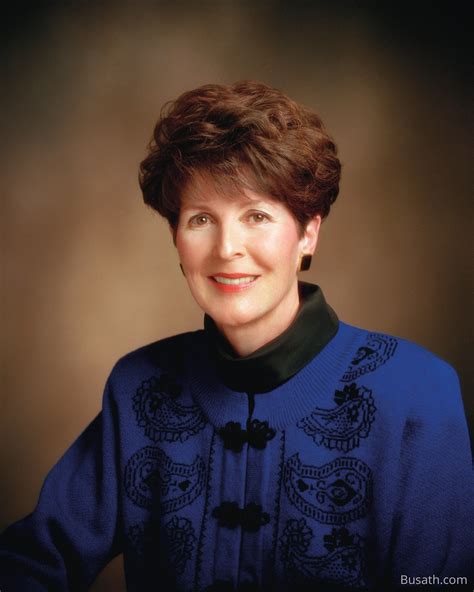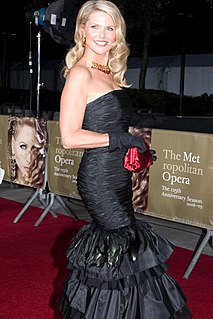A Quote by Kenneth Frazier
I had a fantastic upbringing by two parents who cared deeply about their children but, more importantly, believed that anything was possible for their children and, in some ways, almost brainwashed us to be successful.
Related Quotes
When I began writing these pages I believed their subject to be children, the ones we have and the ones we wish we had, the ways in which we depend on our children to depend on us, the ways in which we encourage them to remain children, the ways in which they remain more unknown to us than they do to their more casual acquaintances; the ways in which we remain equally opaque to them.
Of course all children's literature is not fantastic, so all fantastic books need not be children's books. It is still possible, even in an age so ferociously anti-romantic as our own, to write fantastic stories for adults: though you will usually need to have made a name in some more fashionable kind of literature before anyone will publish them.
I'm always loath to make generalizations about what is for children and what isn't. Certainly children's literature as a genre has some restrictions, so certain things will never pop up in a Snicket book. But I didn't know anything about writing for children when I started - this is the theme of naïveté creeping up on us once more - and I sort of still don't, and I'm happy that adults are reading them as well as children.
When parents see their children's problems as opportunities to build the relationship instead of as negative, burdensome irritations, it totally changes the nature of parent-child interaction. Parents become more willing, even excited, about deeply understanding and helping their children. . . . This paradigm is powerful in business as well.
Apparently almost anyone can do a better job of educating children than our so-called 'educators' in the public schools. Children who are home-schooled by their parents also score higher on tests than children educated in the public schools. ... Successful education shows what is possible, whether in charter schools, private schools, military schools or home-schooling. The challenge is to provide more escape hatches from failing public schools, not only to help those students who escape, but also to force these institutions to get their act together before losing more students and jobs.
The first idea of Captain Fantastic was a pretty radically different one. The genesis had to do with parenting and questions about parenthood and fatherhood specifically. I have two kids and I was grappling with what my values were and what I wanted to pass to my children. So I was positing different kinds of parents and different ways of parenting. I played with various ideas - very permissive parenting, very restrictive parenting and then I came up with the character of Viggo Mortensen, and much of it was aspirational, some of it was autobiographical.
It is misleading to discuss recent changes in family life without emphasizing the fact that for generations some Americans have had to raise children under particularly appalling pressures. Although much of what is worrying American parents is shared by them all, the most grievous problems are those that especially afflict a large minority--the poor, the nonwhite and, in various ways, the parents of handicapped children.


































